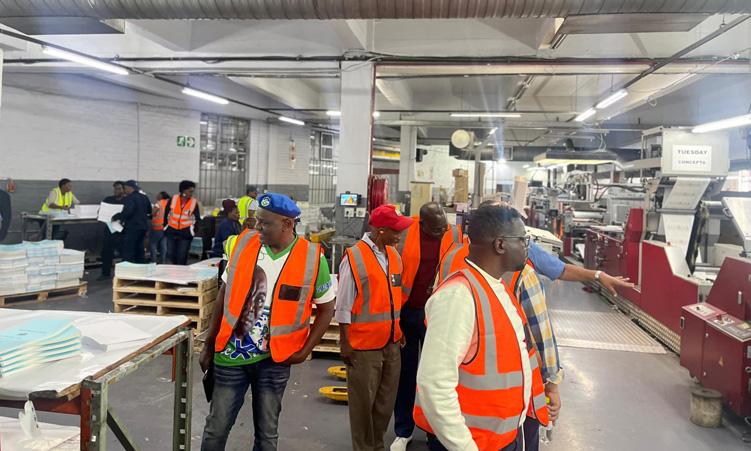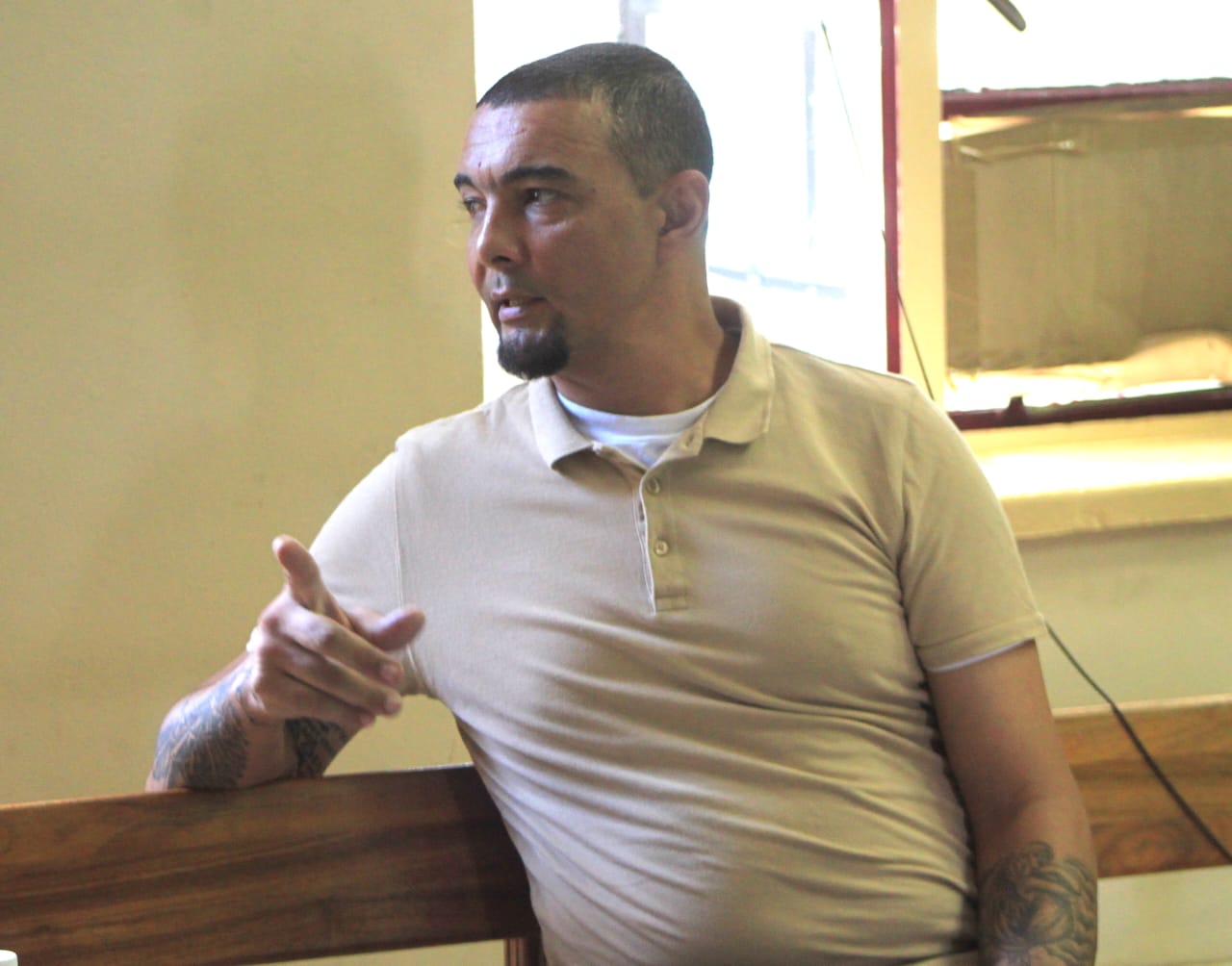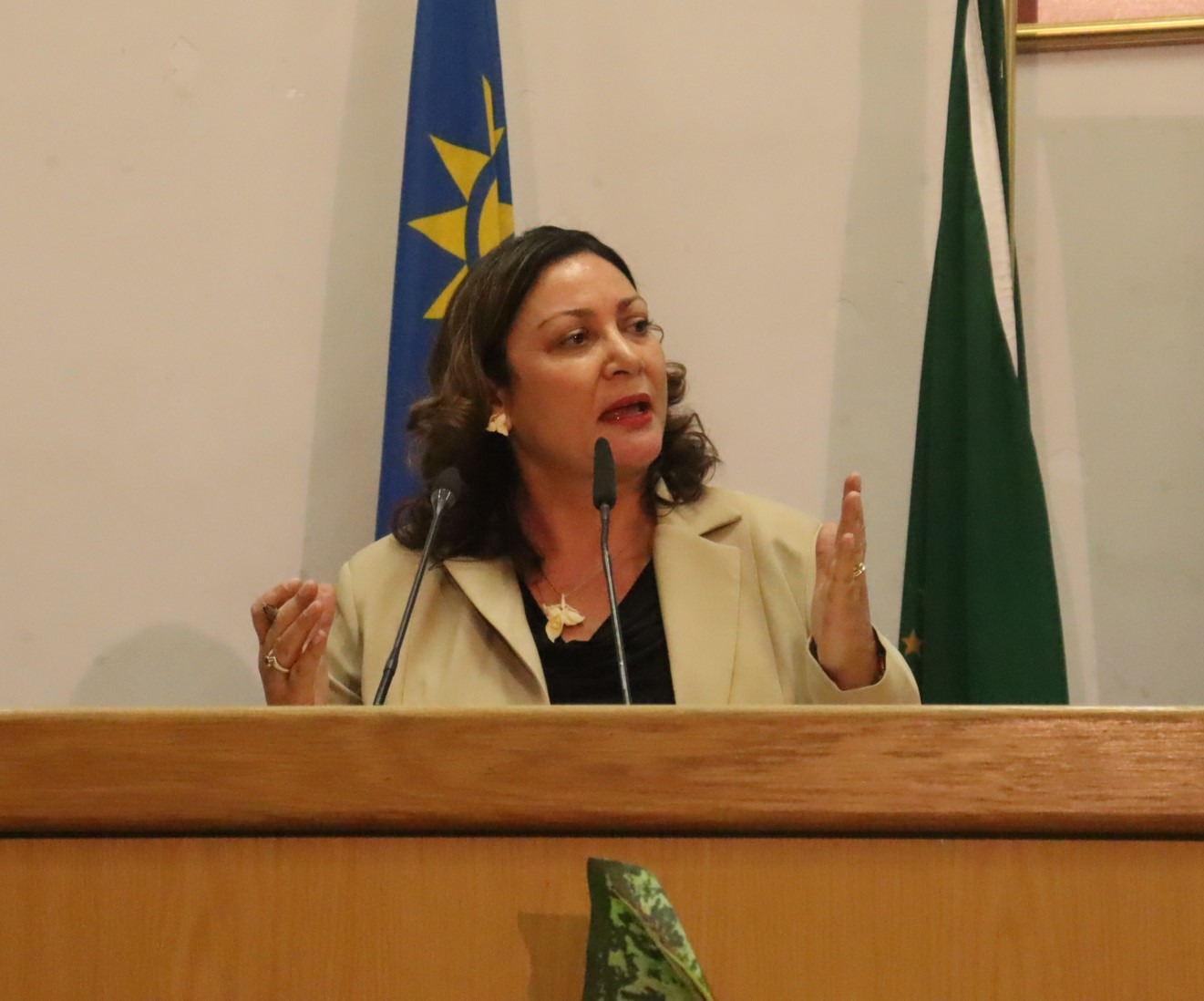… while civil society flags ECN’s planning, cost of ballot tender
Several political party representatives who are in South Africa to monitor the production of ballot papers say the process has no transparency and lacks integrity.
The production of ballot papers for the November presidential and National Assembly elections was concluded on Sunday by South African close corporation Ren-Form.
Namibia Economic Freedom Fighters spokesperson Teresa Hamurenge says the process was not as smooth and transparent as they had hoped.
“Our commissioners have given us so much doubt and we do not trust the process that has actually taken place here,” Hamurenge says.
She says the Electoral Commission of Namibia (ECN) did not communicate the programme of the trip with them.
“We continued asking for a programme, but they refused to give us a programme. They were just prolonging it, behaving as if they are talking to little kids that are not educated about what they are requesting. And without that programme, we couldn’t really keep an eye on how everything was happening,” Hamurenge says.
Hamurenge also says they did not observe the ballot packaging process.
“When it comes to the packaging, we can never really tell that everything inside there is all our ballet papers,” she says.
National Unity Democratic Organisation deputy secretary general, Joseph Uapingene, says the printing, packaging and destruction of waste was done under Ren-Form’s company protocol, which did not allow the political party representatives ample time to observe the process.
“From our view, knowledge and expectations, I will say the process was not transparent and lacked integrity. We always agreed on the daily process, but then we found things done contrary or apparently according to company protocols and practices,” Uapingene says.
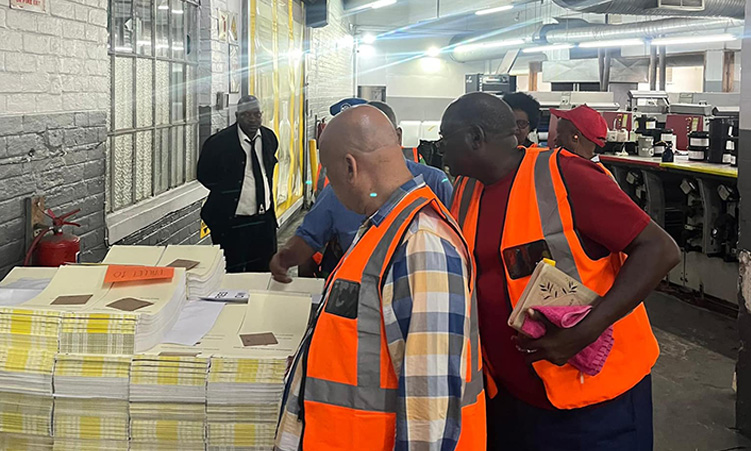
Uapingene says they had to finalise the process for the sake of democracy and time.
“In order for this election to be free, fair and transparent, our political parties must deploy competent election observers to make sure that everything is done in a very transparent way and to verify whether the correct ballot papers were used as per the schedules after the election,” Uapingene says.
Ivan Skrywer from the Landless People’s Movement has also raised concerns over the ballot printing process for the upcoming elections, alleging procedural flaws.
“According to procedure, parties must place their seals on the ballot boxes or any instrument used to store the ballot papers. However, to our knowledge, we were not informed that the processes of binding, packaging and signing off were done [correctly] over the weekend,” Skrywer says.
“We are, therefore, unable to place our party seal on any of the ECN documents or instruments. Doing so would amount to validating a process we did not fully verify. The entire observation process in South Africa was flawed, and serious concerns remain about the integrity of the ballot paper printing and production,” Skrywer adds.
Meanwhile, the ECN says it will issue a comprehensive response.
“We will provide a comprehensive statement addressing all these issues which will be delivered to the media,” ECN spokesperson De Wet Siluka says.
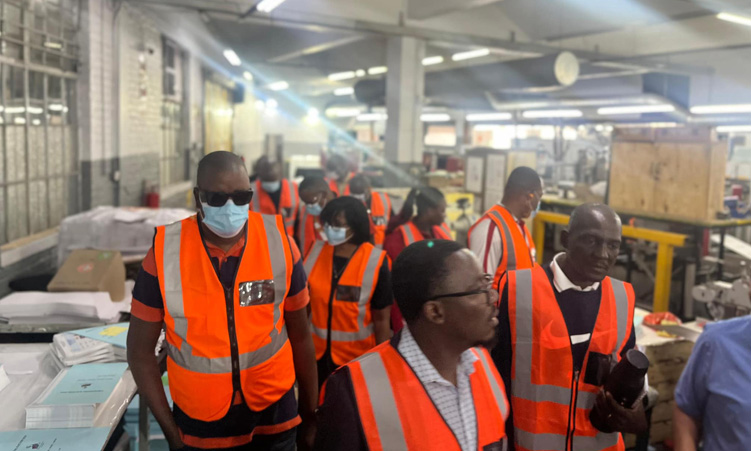
TIMELINE AND COST
The ECN is facing criticism for a series of delays and cost escalations in the procurement of ballot printing services for the upcoming elections.
Speaking at the launch of the latest procurement tracker, Frederico Links, a research associate at the Institute for Public Policy Research (IPPR), drew attention to ECN missing key timelines outlined in its procurement plan and that the contract was inflated with a 116% increase from its initial cost estimation.
The ECN’s annual procurement plan, dated 12 April 2024, set 25 July as the start date for ballot printing bids, while its electoral calendar, issued on 23 April, pushed this to 1 August.
However, bids only opened on 10 September, well past both deadlines. Citing fears of late ballot delivery, the ECN cancelled the process on 7 October, two days before the submission deadline of 9 October.
“The ECN had failed to adhere to its own timelines and deadlines … at the same time, it should be noted that the existence of different timelines for the same process in different ECN documents suggests incoherent planning and a lack of synchronising plans and activities,” Links said. Links said ECN’s poor planning led to the decision to cancel the international bidding process and hand-pick a contractor.
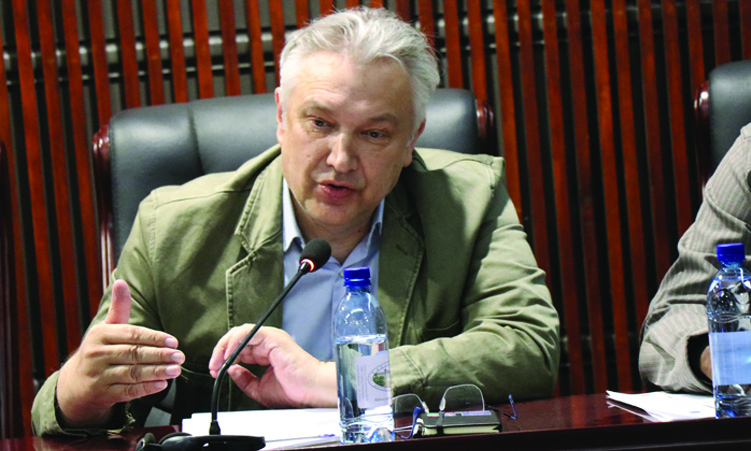
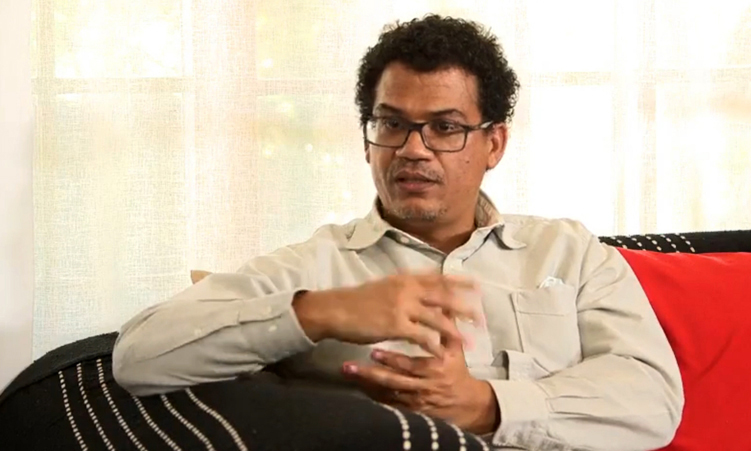
“If they had started on 25 July, as indicated in their annual procurement plan, the emergency procurement would have been avoided,” he said.
Links further called on the ECN to provide clarity on the cost escalation of the contract from what had been estimated to what will actually be paid.
In a statement issued on 18 October, the ECN announced that the contract cost is N$6 259 686, more than double the N$2 904 000 estimated in the procurement plan to print the ballot papers.
The difference between these two figures is N$3 355 686, which itself is almost N$500 000 more than the ECN’s initial estimated cost of the ballot printing contract.
“The actual contract value is 116% more than what had been estimated. Once again, the difference between the estimated cost and actual cost of printing ballot papers points to questionable planning and costing of activities,” Links said.
IPPR director Graham Hopwood, speaking at the launch, expressed concerns about the ECN’s rushed approach to the 27 November elections, despite doubts regarding the integrity of the process.
He urged the ECN to be transparent about various issues being raised by the public.
“The ECN seems intent on bulldozing through everything for the 27 November elections, no matter what doubts might be cast on the integrity of the process and that is a big concern, I think, and that’s why I was saying the ECN must now come forward and come clean on a lot of issues,” Hopwood said.
Hopwood noted that concerns over potential excess ballots could lead to risks of ballot stuffing, a common election rigging tactic.
“If you have doubts about the integrity of the printing of the ballot papers and you have the possibility of excess ballot papers, it also raises the issue of possible ballot box stuffing. We are not saying that is going to happen, but it is something that we are vulnerable to because there are now doubts about the integrity of the printing process,” Hopwood said.
Stay informed with The Namibian – your source for credible journalism. Get in-depth reporting and opinions for
only N$85 a month. Invest in journalism, invest in democracy –
Subscribe Now!




